Saudi blockade of Yemen cuts fuel lifeline as Riyadh tightens siege
Saudi Arabia has prevented fuel shipments from reaching Yemen's key port of Hudaydah for a month, tightening a blockade on the impoverished country in defiance of international calls to put an end to the siege, a report says.
A Reuters analysis of port and ship tracking data showed that oil tankers have turned away from Hudaydah, without unloading.
The United Nation's body tasked with inspecting ships seeking to enter the area said on Wednesday that the Saudi-led coalition has denied tankers permission to enter the Red Sea port despite its approval, "and repeated attempts by the vessels to proceed."
A spokesperson for the UN Verification and Inspection Mechanism for Yemen (UNVIM) said the coalition has turned away up to 12 tankers in recent weeks, adding, "UNVIM is unable to say when the coalition will allow fuel tankers to enter Yemen’s Red Sea ports' anchorage areas."
Hudaydah records showed that at least six oil tankers were ordered to leave the port before unloading last month.
Captain Mohammed Ishaq, executive chairman of the Yemen Red Sea Ports Corporation, which runs Hudaydah, said on Tuesday that no fuel shipments had reached the port since Saudi Arabia imposed the blockade last month.
On November 6, Saudi Arabia announced that it was shutting down Yemen’s air, sea, and land borders, after Yemeni fighters targeted an international airport near the Saudi capital with a cruise missile in retaliation for Saudi’s devastating aerial bombardment campaign against Yemen.
The United Nations made a plea for the Saudi-led coalition to remove its blockade, warning that without aid shipments “untold thousands of innocent victims, among them many children, will die” and that its partial lifting was not enough.

The lack of fuel means areas hardest hit by Saudi aggression, malnutrition and cholera lack functioning hospital generators and water pumps. It also makes it harder to move food and medical aid across the country.
Residents of Hudaydah said the fuel shortage has pushed up the prices of existing fuel and other products.
Iman Ahmed, a 43-year-old teacher, said in late November the high price of diesel was having a devastating effect in rural areas outside Hudaydah.
"Fishermen have stopped working because of warships and coalition airstrikes. Farmers have stopped work because of a sharp rise in the price of diesel."
Meanwhile, a 43-year-old father of seven said, "Life has become so hard.”
"Before the war things were going OK, there were jobs. I was able to feed my family. Now ... gas is barely available and basic necessities cost double. Most of the time our food is now bread and tea," Abdo Haidar added.
Saudi Arabia has been incessantly pounding Yemen since March 2015 in an attempt to crush the popular Houthi Ansarullah movement and reinstate the former Yemeni president, Abd Rabbuh Mansur Hadi, who is a staunch ally of the Riyadh regime.
More than 12,000 people have been killed since the onset of the campaign more than two and a half years ago. Much of the Arabian Peninsula country's infrastructure, including hospitals, schools and factories, has been reduced to rubble due to the war.
Jan. 15: ‘Axis of Resistance’ operations against Israeli occupation
VIDEO | US fires: Criticism mounts over govt. failure to respond
VIDEO | Fears, hope in Gaza amid intensified ceasefire efforts
VIDEO | Press TV's news headlines
Hamas: Ceasefire agreement result of steadfastness, resistance in Gaza over 15 months
Hamas thanks Iran, Resistance Front following achievement of ceasefire in Gaza
'Capitulation': Israeli officials and media concede Gaza defeat as truce unfolds
'Gaza has won': Social media users react to ceasefire with mix of relief, joy


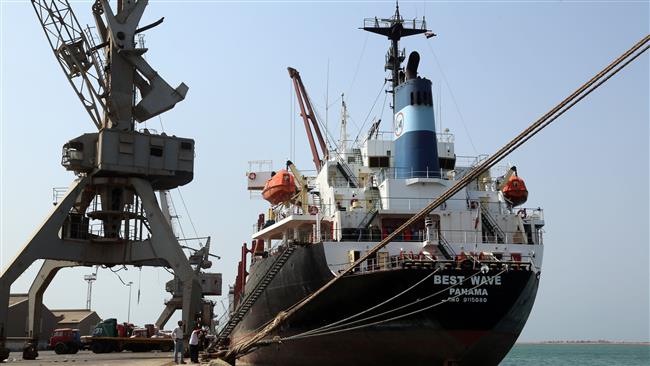
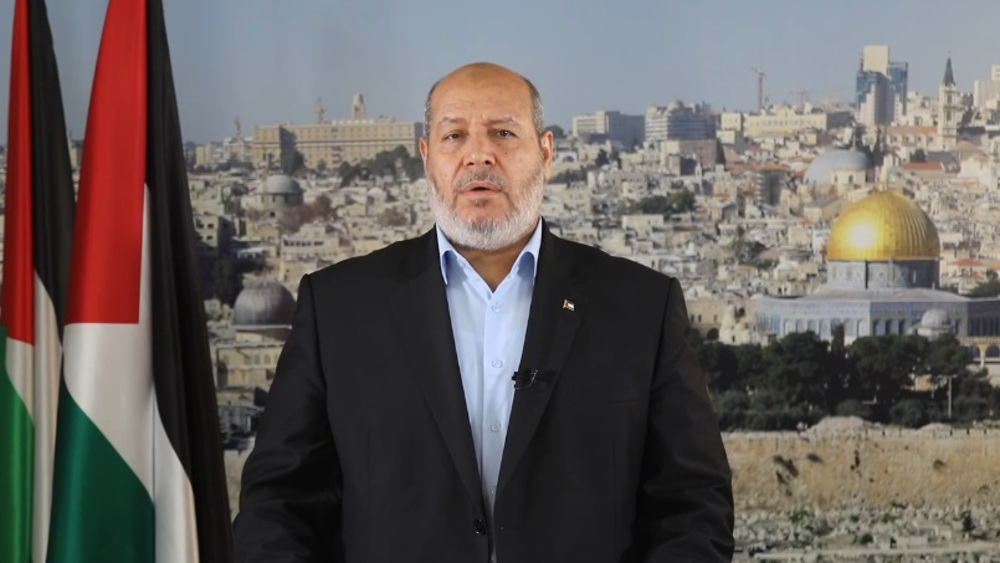
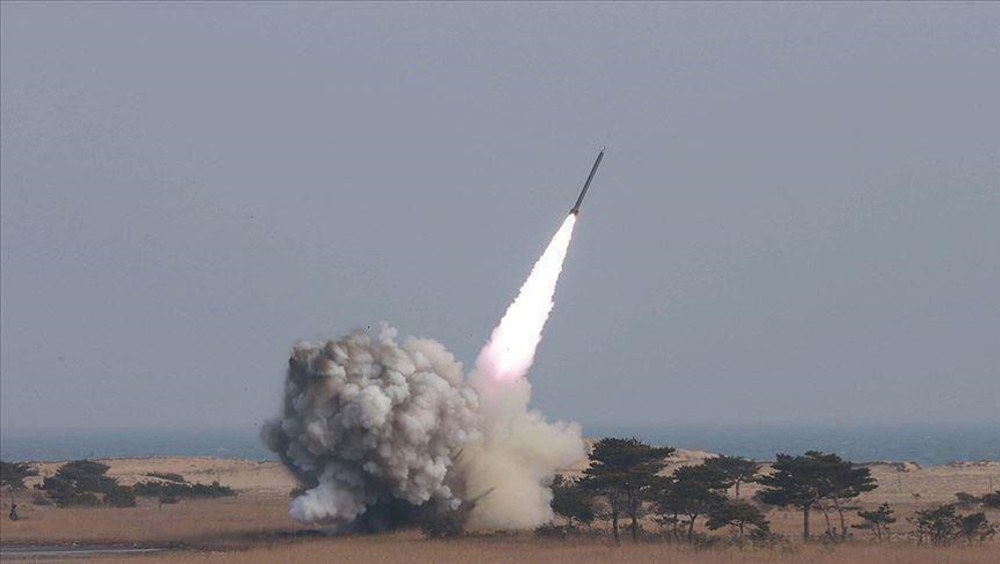




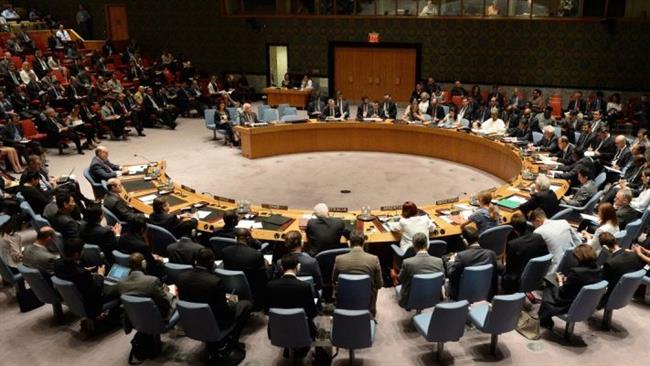
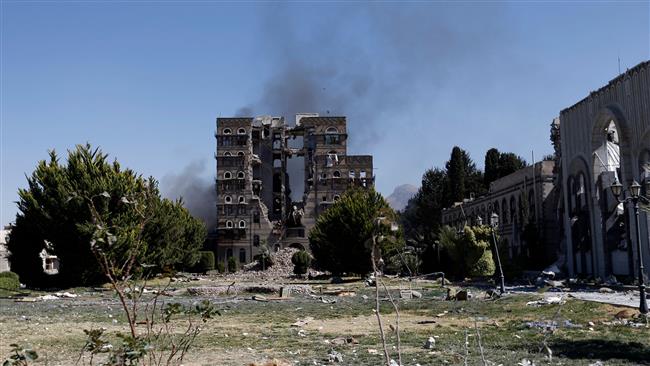
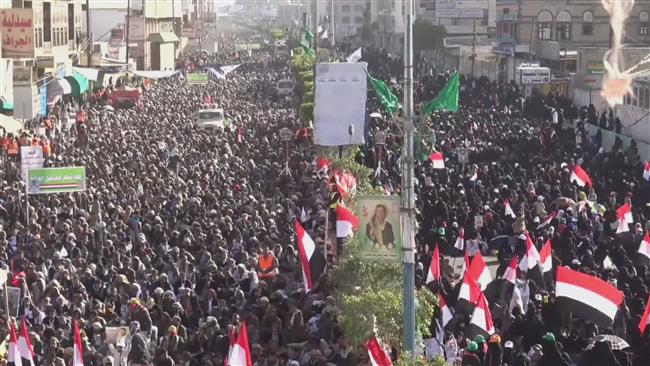

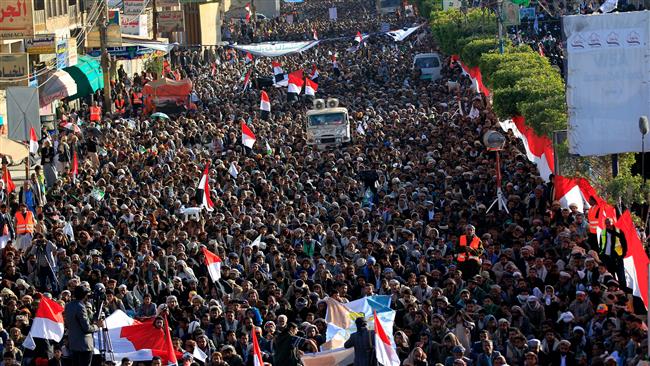

 This makes it easy to access the Press TV website
This makes it easy to access the Press TV website